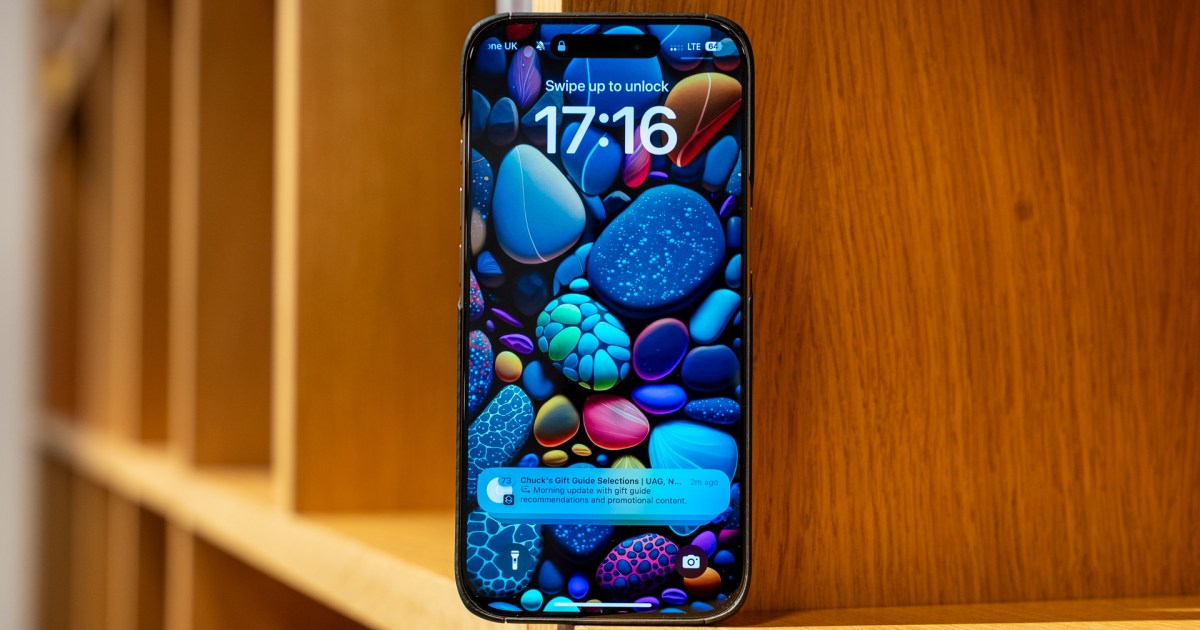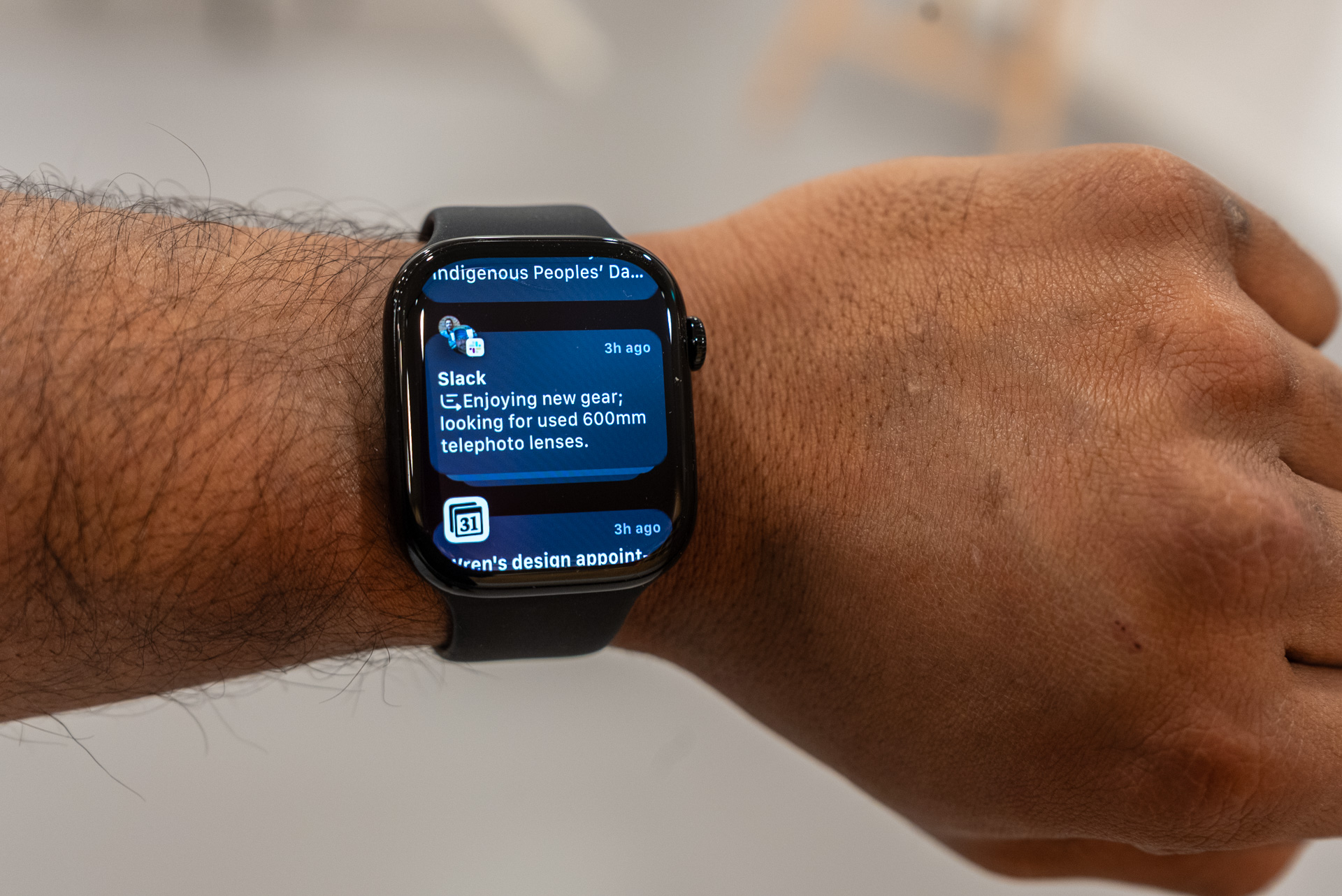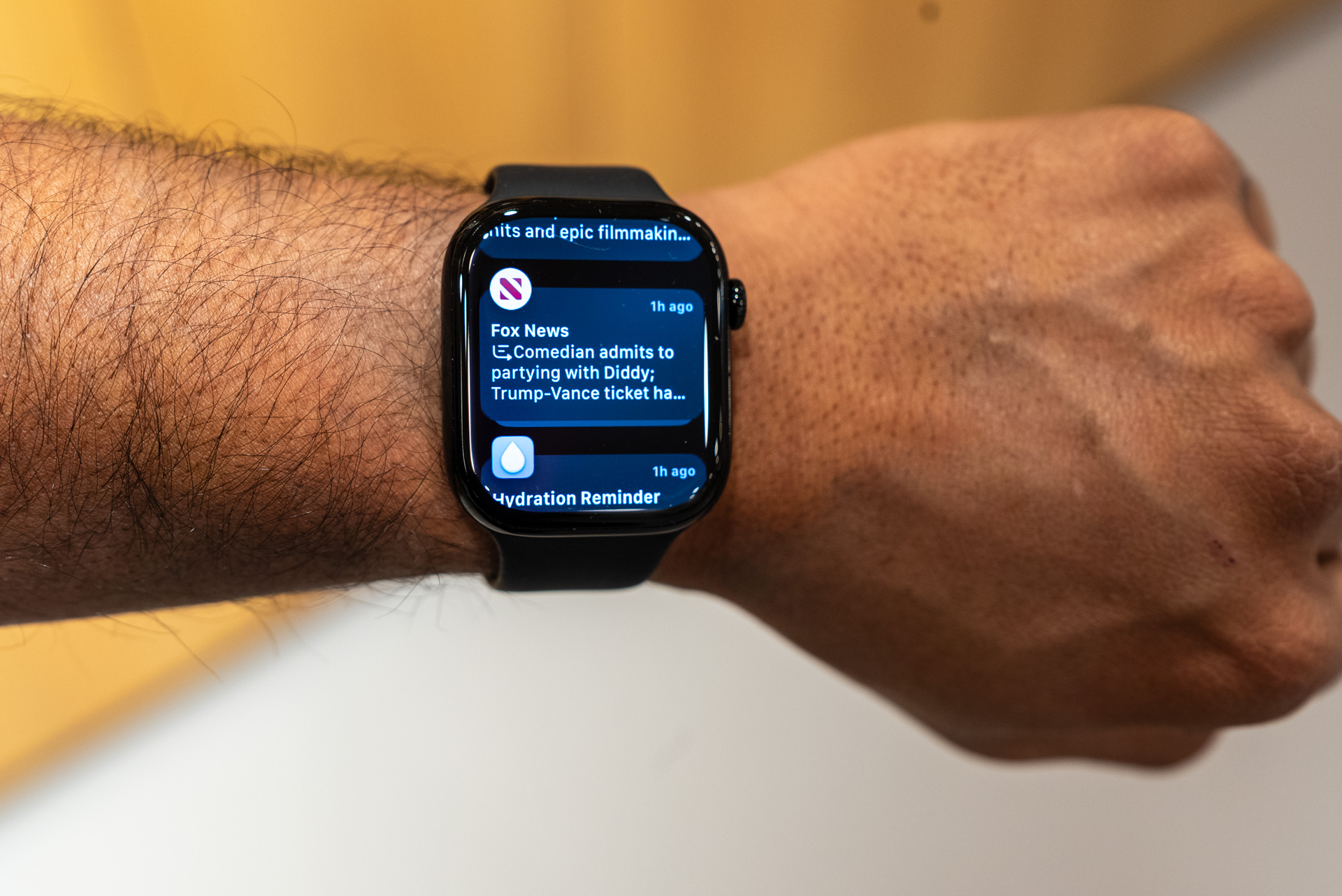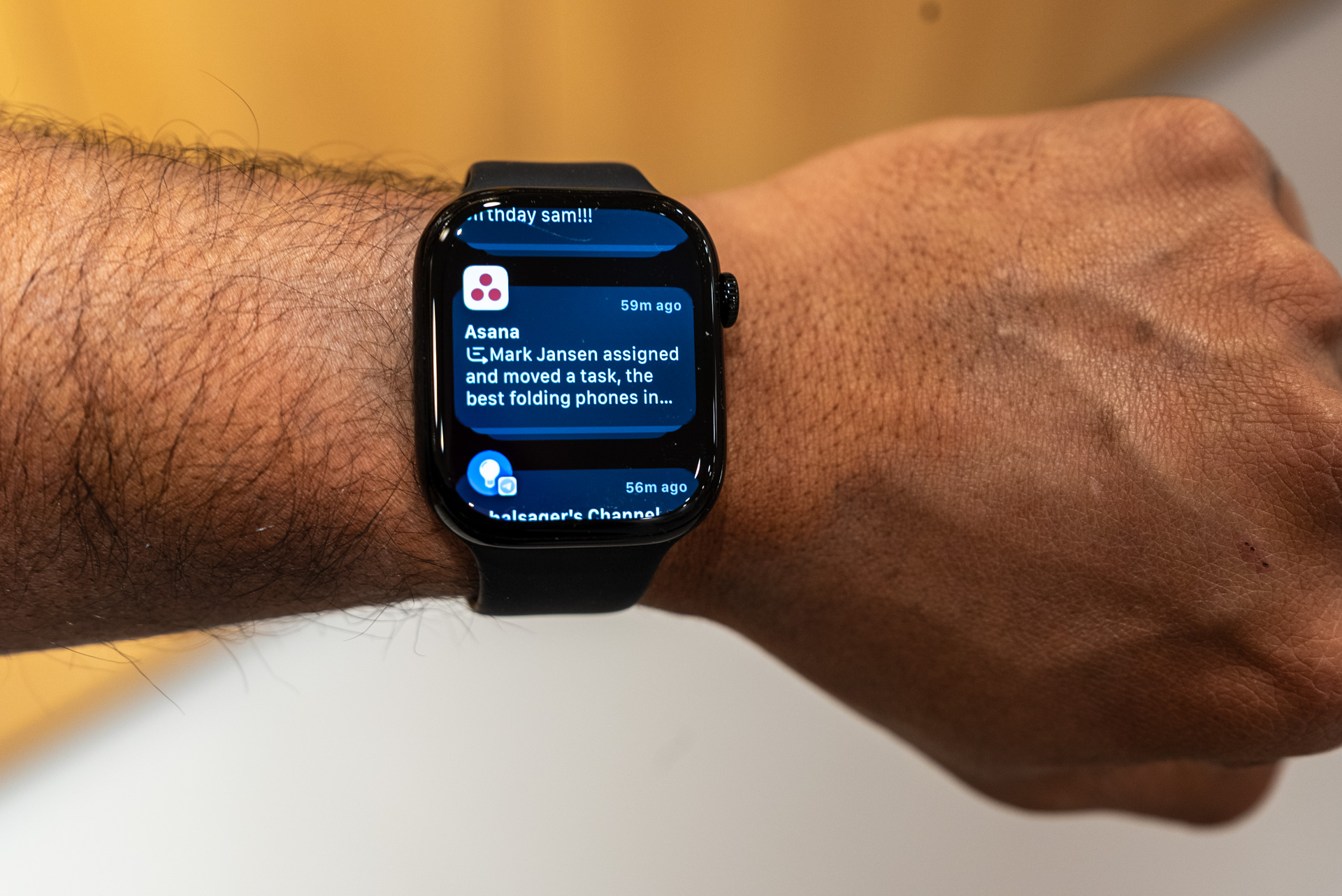Apple Intelligence is my favorite AI tool right now. That’s a bold statement, I know, especially given the magical capabilities of generative AI. But those aren’t features that you use all day.
To me, the best use of AI impacts everything you do and, crucially, makes it easier to perform those tasks. There are many different implementations of AI, but the most useful one I’ve found is Apple Intelligence — specifically the Notifications Summaries feature. It’s transformed how I check and respond to hundreds of notifications every day, and I love it.
Why Notification Summaries are so good
If you’re like me, you get a ton of notifications. I have over 100 apps installed on my iPhone 16 Pro (126 at last count), and they all send me notifications during the day. Sometimes these are necessary, but it’s surprisingly easy to miss an important text from the bank or that elusive email you’ve been waiting for.
This is where Summaries in Apple Intelligence are so useful. They’re particularly helpful at summarizing notifications — which is how I primarily use them — but also very useful when trying to catch up on an email chain. Imagine coming back from holiday to hundreds of unread emails from work; now imagine being able to get a generated AI summary of them all.
For me, notification summaries are the ideal use of AI. There are many apps, like Apple News or various publisher apps, that I keep installed for really important news. Unfortunately, many of these also notify me of a lot of content that I don’t want to read.

I’ve been using the iOS 18.1 Developer Beta, a requirement for Apple Intelligence, for several months. Since then, Summaries have become a vital part of my daily process. Instead of having to check each notification — and often just resorting to clearing them all out due to information overload — I rely on Apple Intelligence to summarize the notifications for me.
It’s still in beta and certainly feels like it at times, but it’s quite good at surfacing the things that matter to me. It can sift through lots of spam messages to ensure I don’t miss a notification about a direct debit. It has helped surface an email about a meeting from an inbox that I don’t usually check.
The ideal experience for the Apple Watch

Notification Summaries are not limited to the iPhone: they’re available on a range of Apple devices and have proven extremely effective on the Apple Watch.
The biggest problem with the Apple Watch is its size. Even the Apple Watch Series 10, which has the biggest Apple Watch display ever made, isn’t big enough to fully triage the same range of notifications.
This is where Notification Summaries are so effective. It’s not just limited to emails and messages; it works with virtually every app on your iPhone, Apple Watch, iPad, or Mac. If you get multiple notifications from an app, it gives you the context needed to know what to do next. The photos above show just how helpful Notification Summaries on the Apple Watch really can be.
Apple Intelligence is still firmly in beta

However, despite its current usefulness, it’s worth noting that Apple Intelligence is still firmly in beta. It’s very early in Apple’s foray into a personal assistant, and many things don’t work as planned.
Summaries are usually useful, but some can illicit laughs. Many of the personal features that Apple showed off at the It’s Glowtime event aren’t available yet. The new Siri still makes many of the same mistakes that the old Siri did.
Apple Intelligence is the first set of AI features that I find myself using every day.
Even so, Summaries are so powerful that they have changed how I use my phone. I’ve also been using an iPhone 16 with all the same apps, but without the iOS 18.1 Beta and Apple Intelligence, and it’s a vastly different experience.
Apple Intelligence is the first set of AI features that I find myself using every day. Sometimes AI can feel like a gimmick, but Apple’s approach to AI — despite months to go before it’s fully available — has already become my favorite.
When can you get Apple Intelligence?

Apple Intelligence is expected to launch in late October 2024 in the U.S. and by the end of the year in additional countries. It will launch with a few features from the full suite, with more expected to be added via future updates over the following six months.
Unless you have one of the latest Apple devices, you won’t be able to run Apple Intelligence. It’s limited to just six models: all four of Apple’s latest iPhone 16 models and last year’s iPhone 15 Pro and iPhone 15 Pro Max. Apple says this is due to neural processing unit (NPU) requirements — only the A17 Pro and A18 chipsets able to run Apple Intelligence — but it’s unclear whether that’s related to technical or economical prowess.
If you have a Mac or iPad, it’s much easier to understand: Apple Intelligence can run on any device with an M-series chipset. This means any recent iPad Pro or the latest iPad Air should be compatible, but the regular iPad and the iPad Mini miss out. On the Mac side, if your Mac is powered by Intel and you want these features, it’s time to check out one of the best Macs.
Read the full article here

















